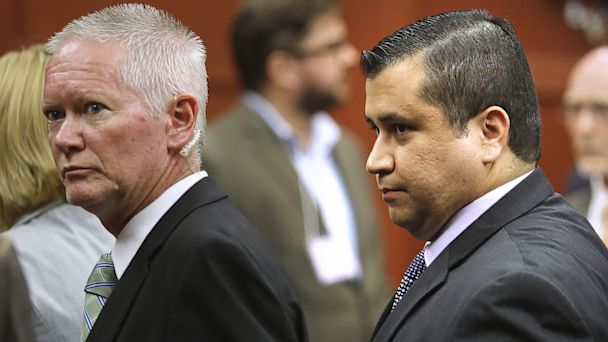Why George Zimmerman Might Have Been Found Guilty in Ohio

Joe Burbank/AP Photo
ANALYSIS
From the outset, the prosecution in the George Zimmerman trial was at a distinct legal disadvantage. After all, they had to prove that Zimmerman was -not- defending himself when he shot Trayvon Martin, a tough hurdle to overcome.
As a legal matter, self defense is what is called an affirmative defense, meaning the defense team is required to present some evidence to support it. But the threshold is very low and no one challenged that they met that standard here. Zimmerman's injuries and the testimony of certain key eyewitnesses were more than enough, placing the prosecution in the unenviable position of having to disprove self-defense beyond a reasonable doubt.
Five Questions About George Zimmerman Case Now That We Have a Verdict. Read more here.
So if the jurors thought it was even possible that Zimmerman reasonably feared "great bodily harm" or death at the moment he fired that weapon, he was permitted under the law to respond with deadly force. Even uncertainty about that in the minds of the jurors, and the defense wins.
Now there has been some confusion over whether this law is unique to Florida. The answer is no. The controversial part of Florida law, known as Stand Your Ground, which could have offered Zimmerman immunity from prosecution, was waived by the defense pre-trial. Instead, they argued classic self-defense with a law and legal burden similar to that of every state in the nation. Except Ohio.
George Zimmerman Acquittal Ripples Through Nearby NAACP Convention. Read more here.
In the Buckeye State, rather than forcing the prosecution to prove beyond a reasonable doubt that it was not self defense, the defendant adopts that legal burden. It is the defense that has to prove it's more likely than not that self defense was justified (unless it occurs in your home).
In this case that would mean George Zimmerman would have had to prove by what is called a preponderance of the evidence, that he reasonably feared great bodily harm or death when he killed Trayvon Martin.
So would that legal distinction have made the difference? Probably not, but it would have made it a much closer and tougher legal case.